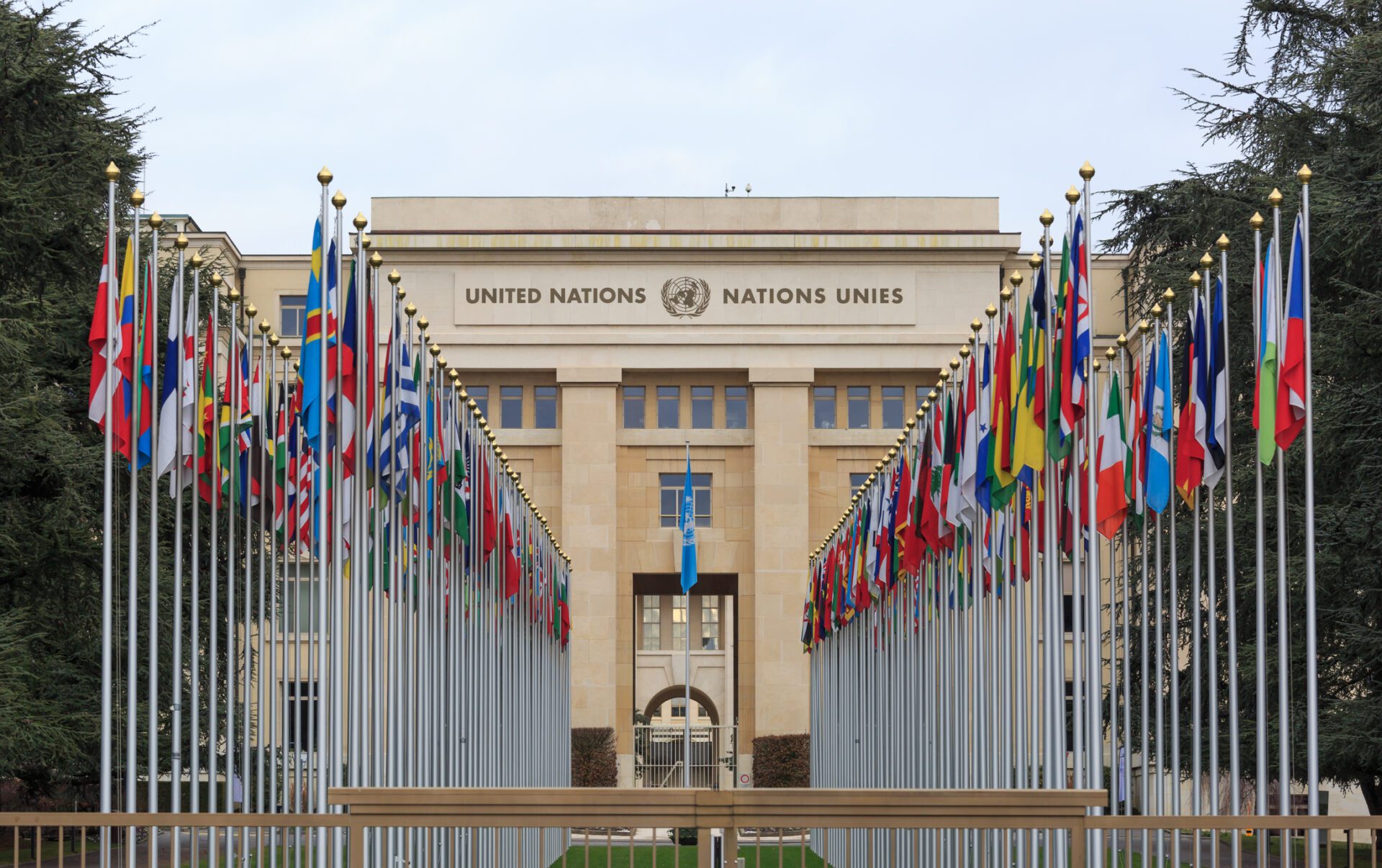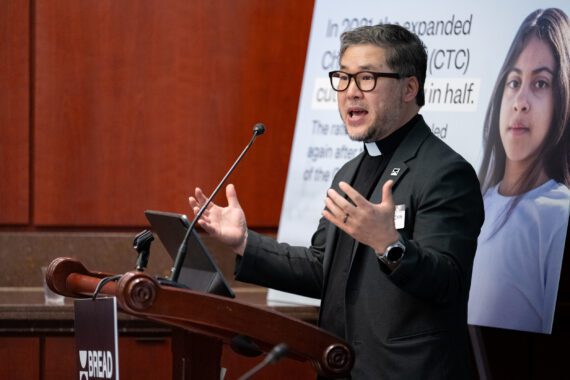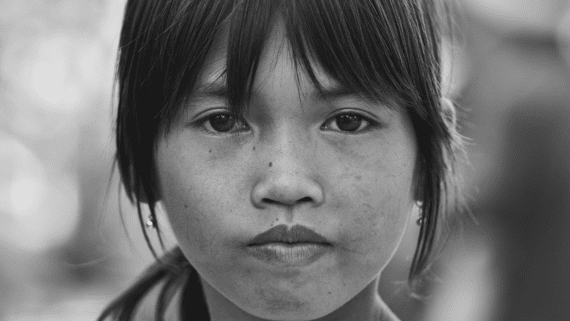This month’s entry in Bread for the World’s Hunger Hotspots series, the last for 2023, goes “back to basics.” It revisits an idea that has shaped Bread’s work since its founding nearly 50 years ago, that there is enough food for everyone, and the missing ingredient in ending hunger is collective will. This simply means making decisions to ensure that everyone has a place at the table.
Conflict is a top cause of global hunger. It embodies a complete failure to build and maintain a civilized society. Not allowing people to starve each other is a bedrock principle of building the collective will to end hunger.
War is the opposite of what communities need to thrive economically and socially, beginning with its complete lack of regard for human life. Even beyond death, injury, and trauma, armed conflict often means the destruction of crops and stored food, farm equipment, roads, and markets. Many people are forced to flee their homes, and those who remain cannot grow nearly enough food.
Worst of all, it is increasingly common for armed groups to use hunger as a weapon of war, deliberately cutting communities off from food sources. People are trapped, and hunger, malnutrition, and illness soar.
On August 3, 2023, the UN Security Council held an open debate on conflict-induced food insecurity and famine. In her briefing for participating government leaders, UN Famine Prevention and Response Coordinator Reena Ghelani was straightforward: ending conflict-induced hunger requires, as an absolute minimum, ending the use of starvation as a weapon.
The August 3 event marked five years since the UN Security Council unanimously adopted UN Resolution 2417, which strongly condemns both starving civilians as a method of warfare and denying humanitarian access to civilian populations.
As Lise Gregoire van Haaren, representing the Netherlands, noted at the time, “For the first time, this Council unequivocally condemns starvation as a method of warfare.” Resolution 2417 recognized the need to break the vicious cycle of conflict and food insecurity and placed the world’s most vulnerable people firmly at the center of the Security Council’s agenda.
However, it is impossible to ignore the fact that using food as a weapon continues unabated. Does Resolution 2417 have any practical effect, or is it just another document, one of many every year that are passed and then ignored?
No one would say that it is easy to change global norms surrounding war. Any effort to do so, however modest, runs straight into both the age-old debate over whether people are fundamentally good or evil, and the fact that most societies throughout history have engaged in warfare. Far too often, people act as though they believe that “we” must defeat “them” – in any way possible. Another barrier to improving the treatment of civilians during conflicts is that Resolution 2417 has no enforcement mechanism.
Still, humanitarian leaders with decades of experience in conflict zones have argued that the very adoption of the resolution is progress. Halting it is a step toward holding warring factions that deliberately starve civilians accountable for their crimes.
Margot van der Velden, head of the Emergencies Department at the World Food Programme (WFP), said that one key is evidence. The resolution “might not be a silver bullet that changes the whole scenario, but now you have evidence being brought to the Security Council.”
“Evidence is essential to find ways of mitigating and pushing for solutions… because evidence can help drive policy engagement and humanitarian diplomacy.”
At the August 3, 2023, meeting, the Security Council reiterated its commitment to ending conflict-induced hunger. The U.S.-led communique notes that, in 2022, armed conflict was the most significant driver of high levels of acute food insecurity for roughly 117 million people in 19 countries and territories.
Hunger must have political solutions because it is fundamentally a political problem. Examples such as the successful effort to cut extreme poverty in half—a goal reached in 2010—show what humanity can accomplish with the right collective will.
Not allowing armed groups to starve people with impunity is the embodiment of the concept of “back to basics” in responding to hunger emergencies.
Michele Learner is managing editor, Policy and Research Institute, with Bread for the World.



